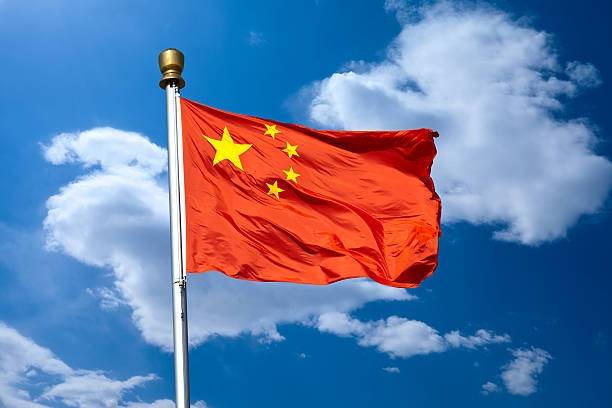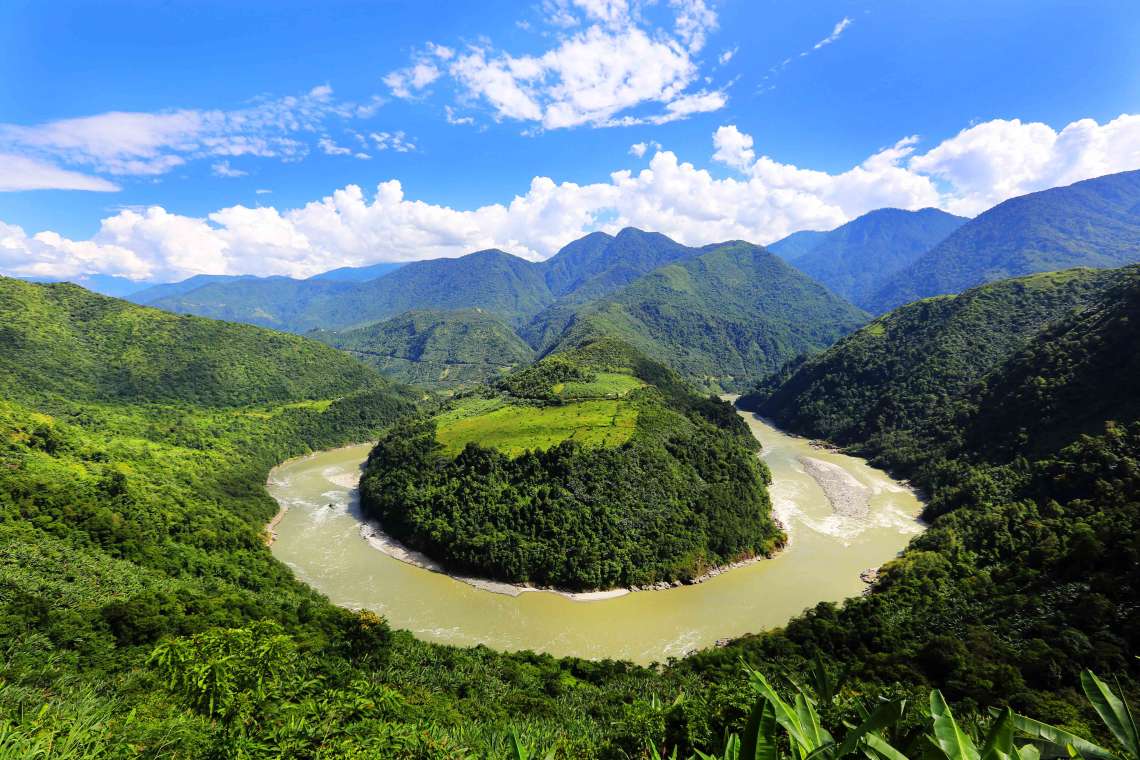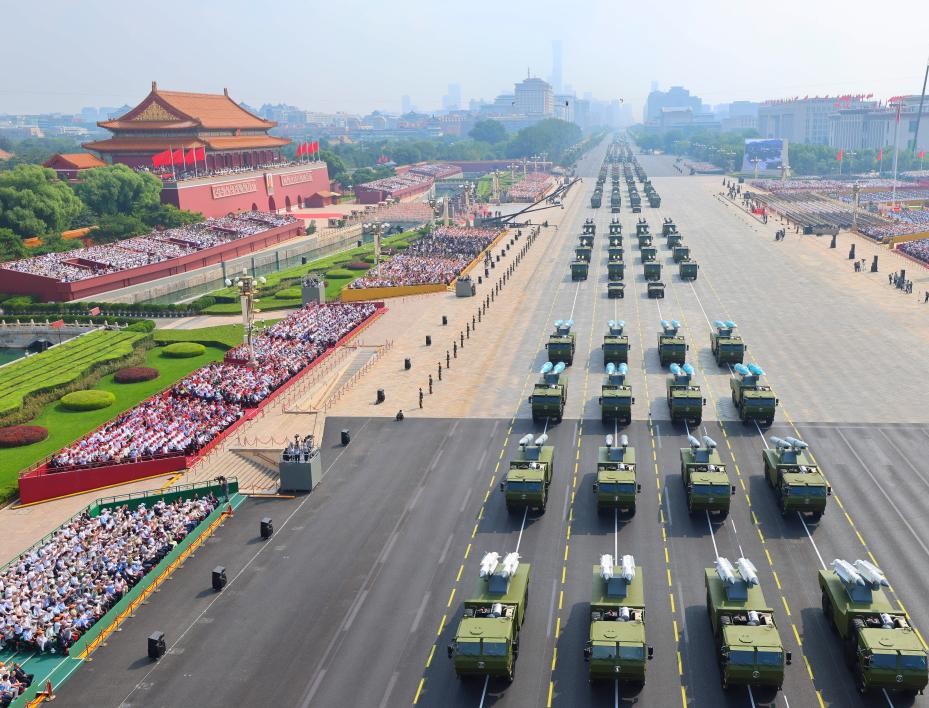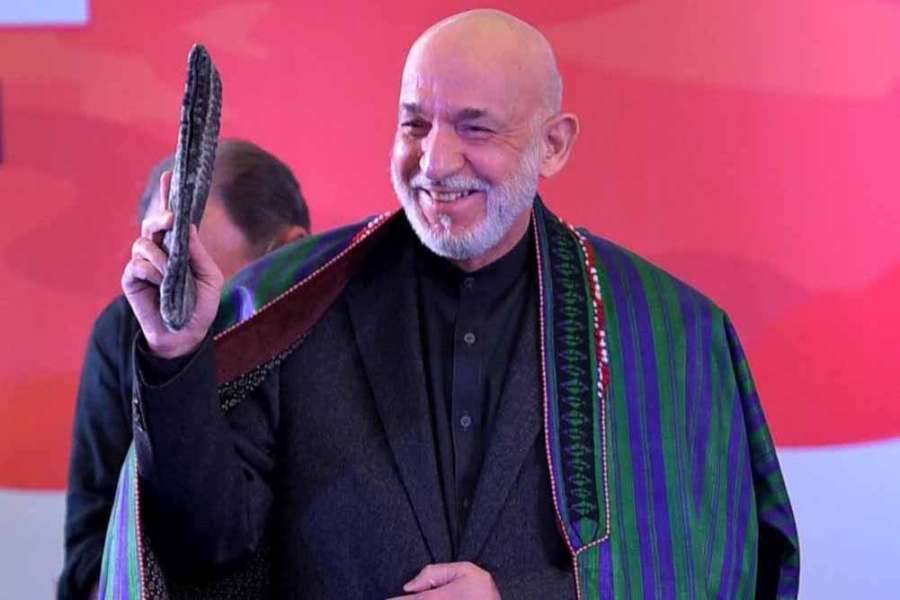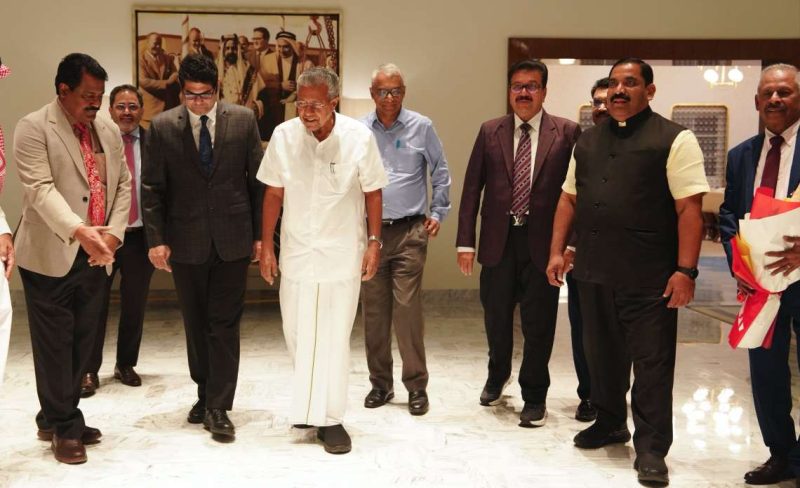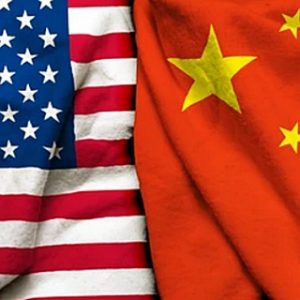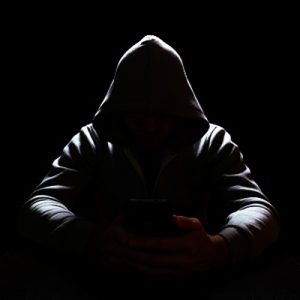Earlier, State-run news outlets and local governments have organized and funded pro-Beijing influencers’ travel, according to government documents and the creators themselves….reports Asian Lite News
Beijing has started to use both state and non-state actors in an effort to influence the influencers through myriad methods.
China’s large apparatus of government organizers, state-controlled news media and other official amplifiers all part of the government’s widening attempts to spread pro-Beijing messages around the planet, according to New York Times.
Earlier, State-run news outlets and local governments have organized and funded pro-Beijing influencers’ travel, according to government documents and the creators themselves.
Also, they have paid or offered to pay the creators. They have generated lucrative traffic for the influencers by sharing videos with millions of followers on YouTube, Twitter and Facebook.
Meanwhile, with official media outlets’ backing, the creators can visit and film in parts of China where the authorities have obstructed foreign journalists’ reporting.
Earlier, most of the YouTubers have lived in China for years and say their aim is to counter the West’s increasingly negative perceptions of the country. They decide what goes into their videos, they say, not the Communist Party, according to New York Times.
Also, Beijing is using them that way. Chinese diplomats and representatives have shown their videos at news conferences and promoted their creations on social media. Together, six of the most popular of these influencers have garnered more than 130 million views on YouTube and more than 1.1 million subscribers.
Further, The Communist Party has pushed it’s diplomats and state news outlets to carry its narratives and drown out criticism, often with the help of armies of shadowy accounts that amplify their posts., according to New York Times.
In effect, Beijing is using platforms like Twitter and YouTube, which the government blocks inside China to prevent the uncontrolled spread of information, as propaganda megaphones for the wider world. (ANI)


